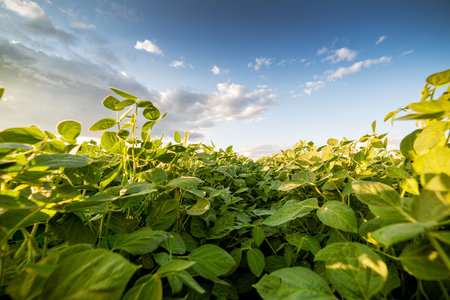“It is great that Frelighsburg Experimental Farm will once again be home to innovative research that will help the Government of Canada advance its ambitious goals to spur innovation; protect the environment, especially regarding water management; and grow the economy in the agriculture sector,” Denis Paradis, member of Parliament for Brome-Missisquoi, Québec, said in the release.
In addition to resource management, researchers will use the farm to study different crop varieties, and how these varieties react to extreme temperature fluctuations.

Oticki/iStock/GettyImagesPlus
MacAulay recognizes the benefits of this research to Canadian producers.
“Science is a powerful tool for environmental action on Canadian farms,” he said in the release. “This research in Frelighsburg will help our farmers increase production to feed a growing population, while protecting our environment – a win for farmers and Canadians.”
Various stakeholders will be involved in research on the farm, including universities, governments, growers, and grower associations.
The farm is expected to open in the spring of 2017, in Frelighsburg, Québec.
Farms.com has reached out to the Ontario Soil and Crop Improvement Association for comment on potential benefits for producers.